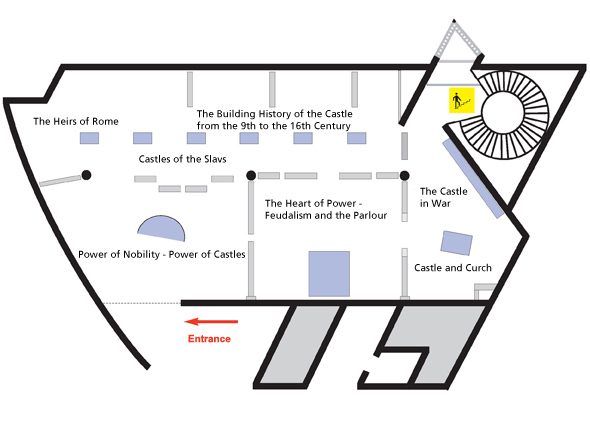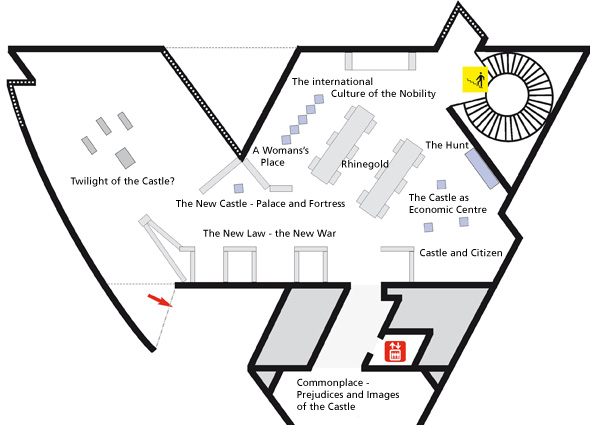

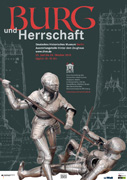
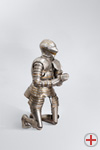
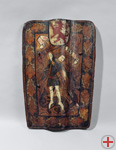
The lords of the castle and the Church cultivated close ties. The nobility occupied all of the leading ecclesiastical positions as well as most of the cathedral and canonical posts. Originally, the Christian precept of non-violence was incompatible with the conduct of war. It became necessary, however, to find a place in the< Christian order for the bearers of arms, and thus was born< the ideal of the "miles Christianus", the Christian knight. This imposed standards of behaviour on the knight that required not only loyalty toward his prince, but also staunchness in faith, courage in battle and defence of the weak. The ecclesiastical and secular chivalric orders in particular were bound to the ideal of the "miles Christianus" in Europe.
Deep faith marked society and the nobility. The centre of piety was the castle chapel, which usually consisted of a modest niche with an altar. Monasteries and convents were the preferred burial places; they not only assured the dead of sacred memory, but also provided evidence of their unbroken line of ancestors.
